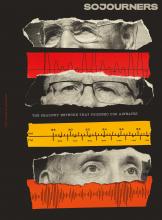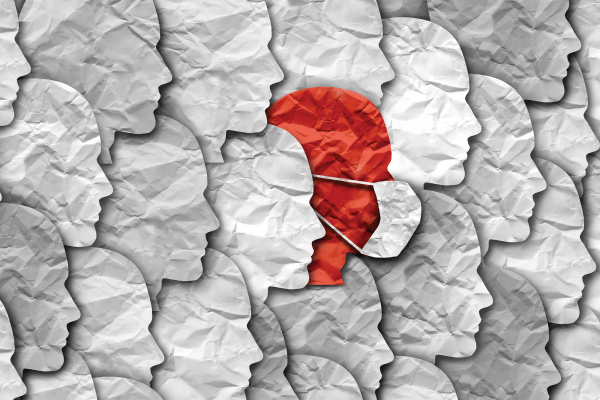FOR CHRISTIANS, AND really for all humans, the particular horror of the coronavirus is that the best way to help is to separate from others. Unlike almost every other natural disaster, where our species’ instinct and our theological directive is to love our neighbors, our job in the pandemic is to separate ourselves. Don’t lay on hands: wash them. Don’t give a lingering, loving hug: stand at least six feet away making awkward gestures. The college where I work quickly sent its students home, so there’s not even the satisfaction of seeing them: Instead, we’re now engaged in something called “remote learning.”
If there is a grace here amid the very real suffering, it’s that we’re also being asked to go a little quiet—to reduce our busyness, to sequester ourselves in our homes. And for a society that’s been lately marked by an almost obsessive over-achievement, a society whose wealthiest members boast not of their leisure but of their workaholism, that’s full of interesting possibilities. Here are some of the things I’ve been reflecting on.
One, the physical world is very real. We spend our days staring into screens, so it’s easy to forget that we live on a planet where biology—in the form of a tiny microbe—can upend every facet of life. I know this to be true because I spend my life working on climate change, the much larger crisis that grips our planet. But day to day even I tend to forget just how real physics and chemistry—the driving forces of global warming—really are. In a created world, physical reality is the bottom line. It can’t be spun—in fact, the absurd efforts of President Trump to do just that seem finally to have revealed his imperial lack of clothing to many more Americans.
Read the Full Article

